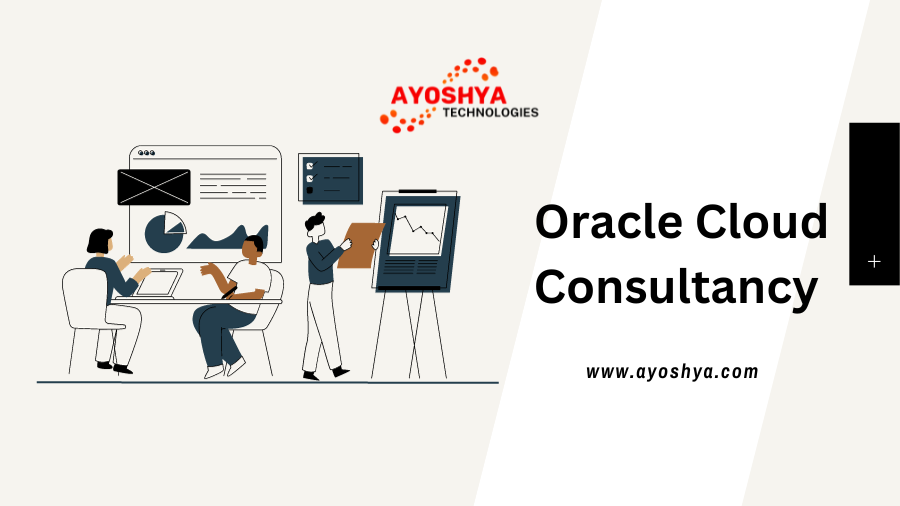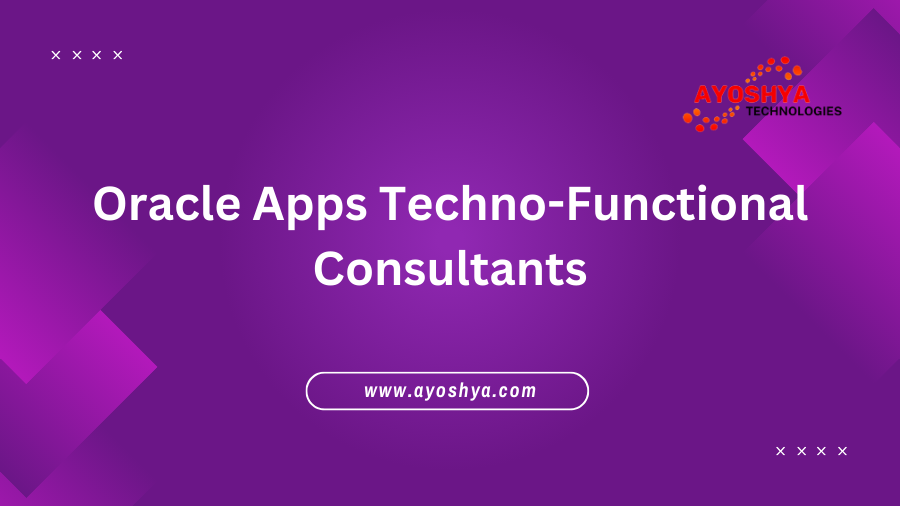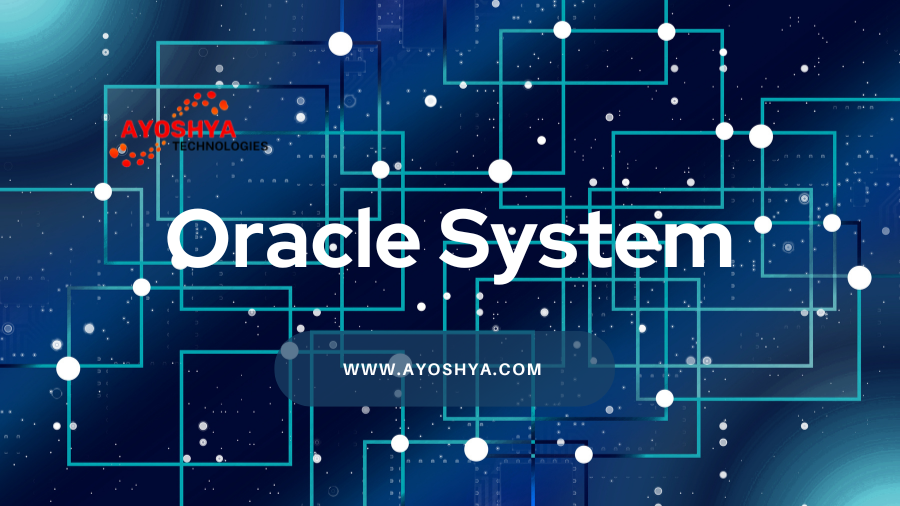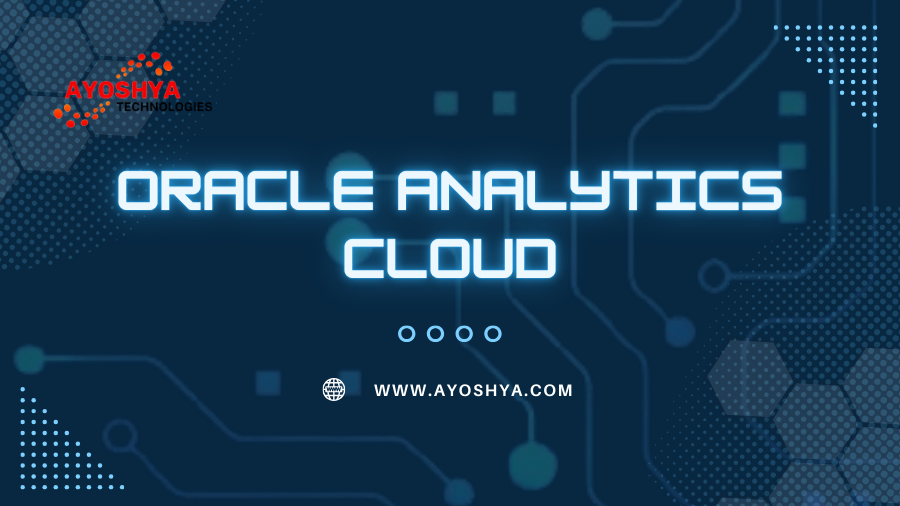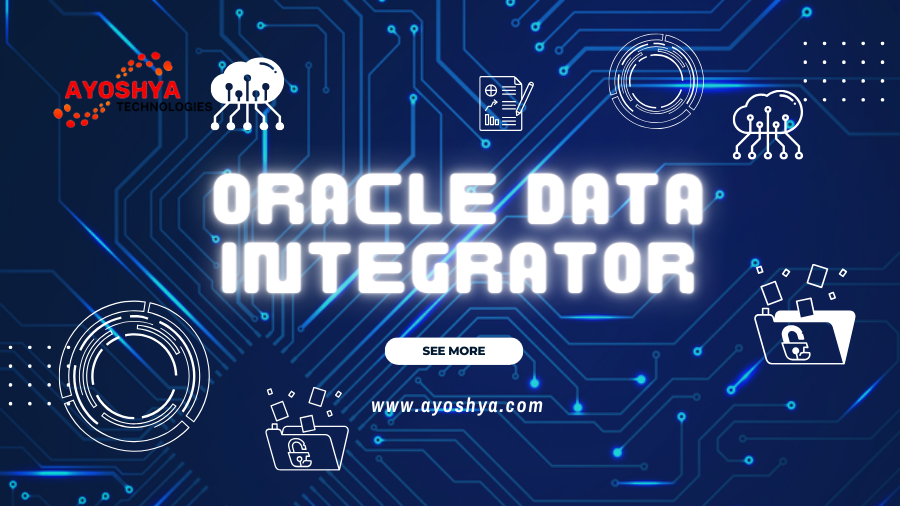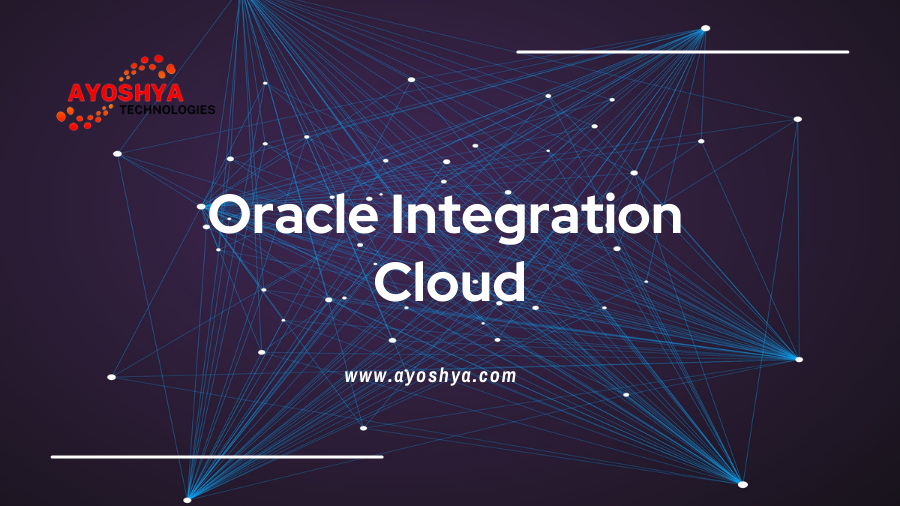Navigating the Future: Oracle Cloud Consultancy Demystified
In the fast-paced world of cloud computing, Oracle Cloud stands out as a powerful platform offering a myriad of services. Oracle Cloud consultancy plays a pivotal role in guiding businesses through the adoption, implementation, and optimization of Oracle Cloud solutions. Let’s unravel the complexities and explore the significance of Oracle Cloud consultancy in today’s digital landscape.
1. Introduction to Oracle Cloud Consultancy
An introduction sets the stage for understanding Oracle Cloud consultancy. This section highlights the critical role consultants play in guiding businesses towards harnessing the full potential of Oracle Cloud services.
2. Understanding Oracle Cloud Ecosystem
Before delving into consultancy, businesses need a comprehensive understanding of the Oracle Cloud ecosystem. Consultants provide insights into the array of services, including Infrastructure as a Service (IaaS), Platform as a Service (PaaS), and Software as a Service (SaaS).
3. Needs Assessment and Strategic Planning
Oracle Cloud consultants initiate the consultancy process with a thorough needs assessment. This involves understanding the unique requirements of the business and strategically planning the adoption of Oracle Cloud services aligned with organizational goals.
4. Customization for Business Specifics
Every business has unique needs, and Oracle Cloud consultants excel in tailoring solutions. This section explores how consultants customize Oracle Cloud services to meet specific business requirements, ensuring a seamless fit.
5. Migration Strategies and Execution
One of the pivotal tasks of Oracle Cloud consultancy is guiding businesses through migration. Consultants develop and execute migration strategies, ensuring a smooth transition from on-premises systems or other cloud platforms to Oracle Cloud.
6. Security and Compliance Considerations
Security is paramount in the digital age. Oracle Cloud consultants navigate businesses through security and compliance considerations, ensuring that data and operations meet industry standards and regulations.
7. Integration with Existing Systems
Harmony between Oracle Cloud and existing systems is crucial. Consultants facilitate seamless integration, whether it involves on-premises applications or other cloud solutions, creating an interconnected and efficient IT landscape.
8. Performance Optimization
Optimizing the performance of Oracle Cloud services is an ongoing task. Consultants delve into performance monitoring, fine-tuning configurations, and implementing best practices to ensure optimal efficiency.
9. Cost Management and Optimization
Cloud services come with costs, and consultants guide businesses in managing and optimizing these costs. This section explores how consultants help businesses strike the right balance between performance and expenditure.
10. Training and Skill Development
User proficiency is a key factor in maximizing the benefits of Oracle Cloud services. Consultants provide training programs, empowering businesses with the skills needed to manage and utilize Oracle Cloud functionalities effectively.
11. Continuous Support and Monitoring
Oracle Cloud consultancy is not a one-time affair. Consultants provide continuous support, monitoring services, and timely updates to ensure that businesses stay ahead of emerging challenges and opportunities.
12. Case Studies: Real-world Success Stories
Real-world examples speak volumes. This section showcases case studies of businesses that have successfully leveraged Oracle Cloud consultancy, providing tangible results and insights into the transformative power of Oracle Cloud.
13. Navigating Emerging Technologies
As technology evolves, Oracle Cloud consultants stay abreast of emerging trends. This section explores how consultants navigate and incorporate innovations like artificial intelligence, machine learning, and blockchain within Oracle Cloud solutions.
14. Industry-Specific Solutions
Different industries have unique challenges and requirements. Oracle Cloud consultants specialize in tailoring industry-specific solutions, ensuring that businesses in diverse sectors can leverage the full potential of Oracle Cloud.
15. Future Trends and Adaptability
The digital landscape is ever-changing. Oracle Cloud consultants look ahead, exploring future trends and ensuring the adaptability of businesses to new technologies, features, and functionalities within the Oracle Cloud ecosystem.
Conclusion: Empowering Businesses in the Cloud Era
In conclusion, Oracle Cloud consultancy emerges as a guiding force, empowering businesses to navigate the complexities of cloud adoption successfully. With strategic planning, customization, continuous support, and an eye on the future, Oracle Cloud consultants play a pivotal role in shaping the digital destiny of businesses.
Frequently Asked Questions (FAQs)
- Is Oracle Cloud suitable for small businesses?
- Yes, Oracle Cloud is scalable and offers solutions suitable for businesses of all sizes, with consultants tailoring services to specific needs.
- How do consultants ensure data security in Oracle Cloud?
- Consultants navigate businesses through security considerations, implementing measures to ensure data security and compliance with industry standards.
- What is the role of Oracle Cloud consultants in performance optimization?
- Oracle Cloud consultants monitor and optimize performance by fine-tuning configurations, implementing best practices, and ensuring efficient resource utilization.
- Can businesses integrate Oracle Cloud with their existing systems?
- Yes, Oracle Cloud consultants facilitate seamless integration with existing systems, whether on-premises or other cloud solutions, creating a cohesive IT environment.
- How do Oracle Cloud consultants stay updated on emerging technologies?
- Consultants actively engage in continuous learning, staying abreast of emerging technologies and trends within the Oracle Cloud ecosystem.
You may be interested in:



